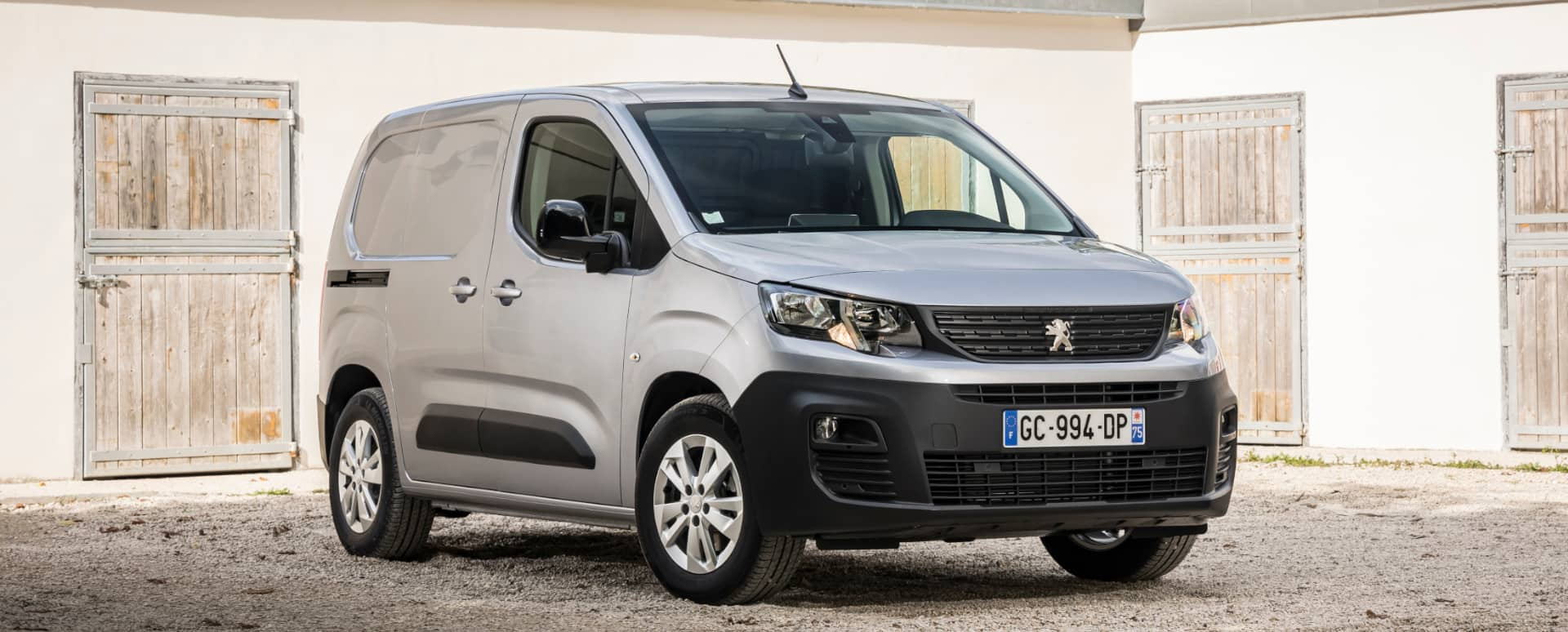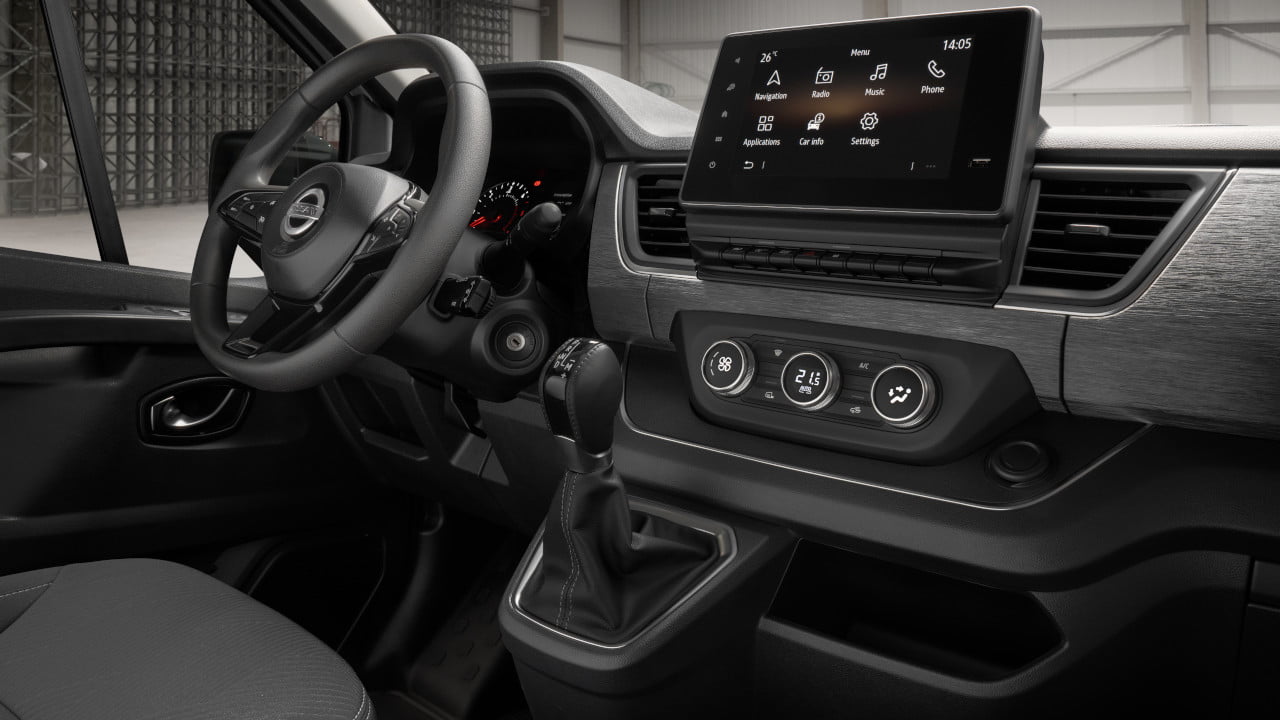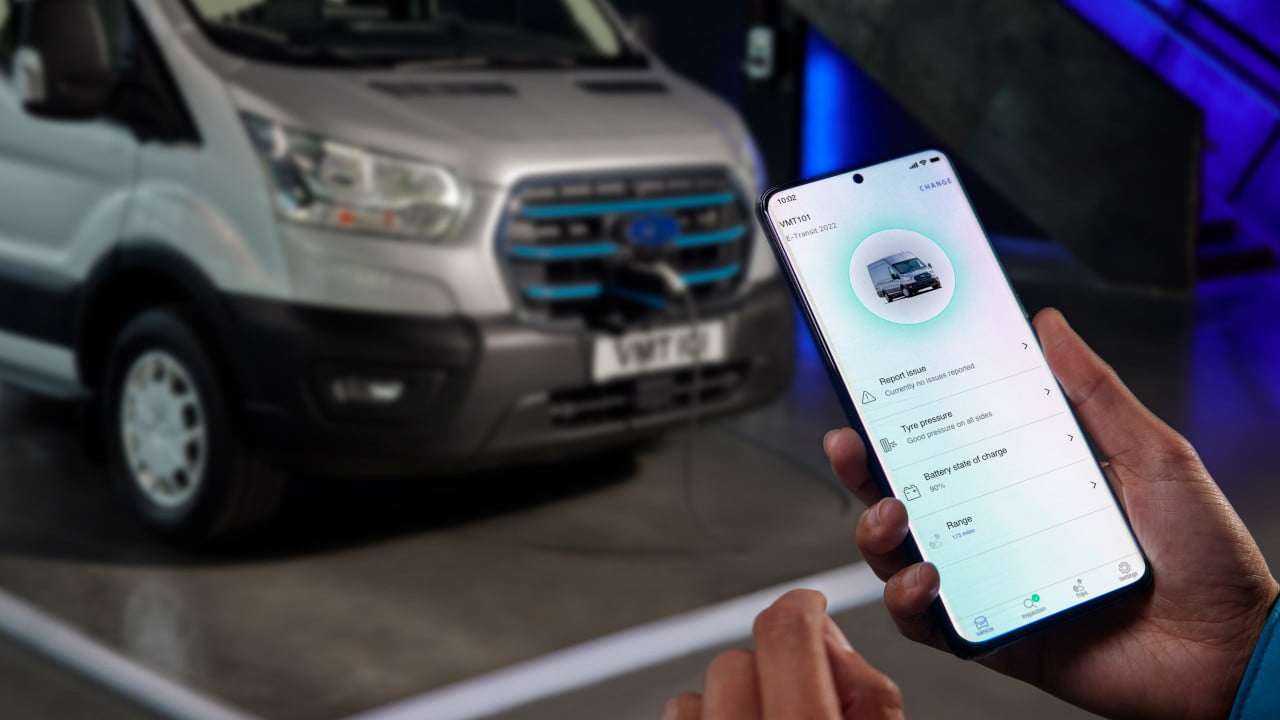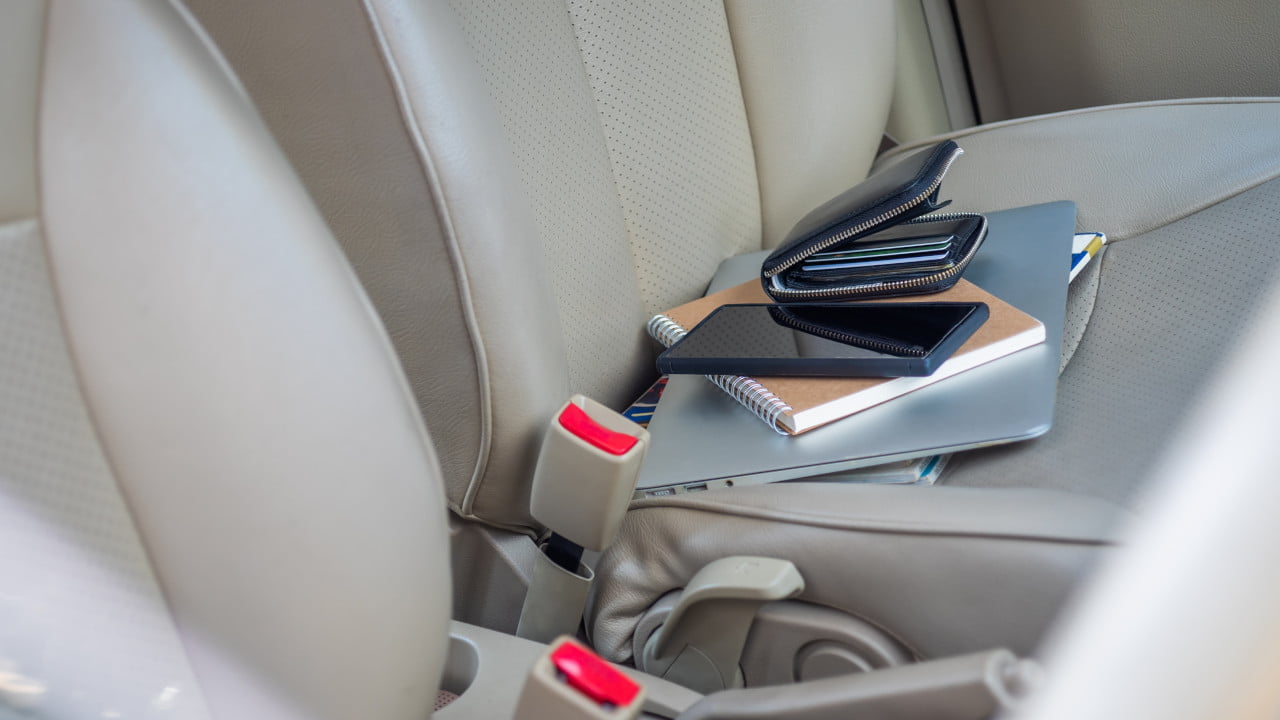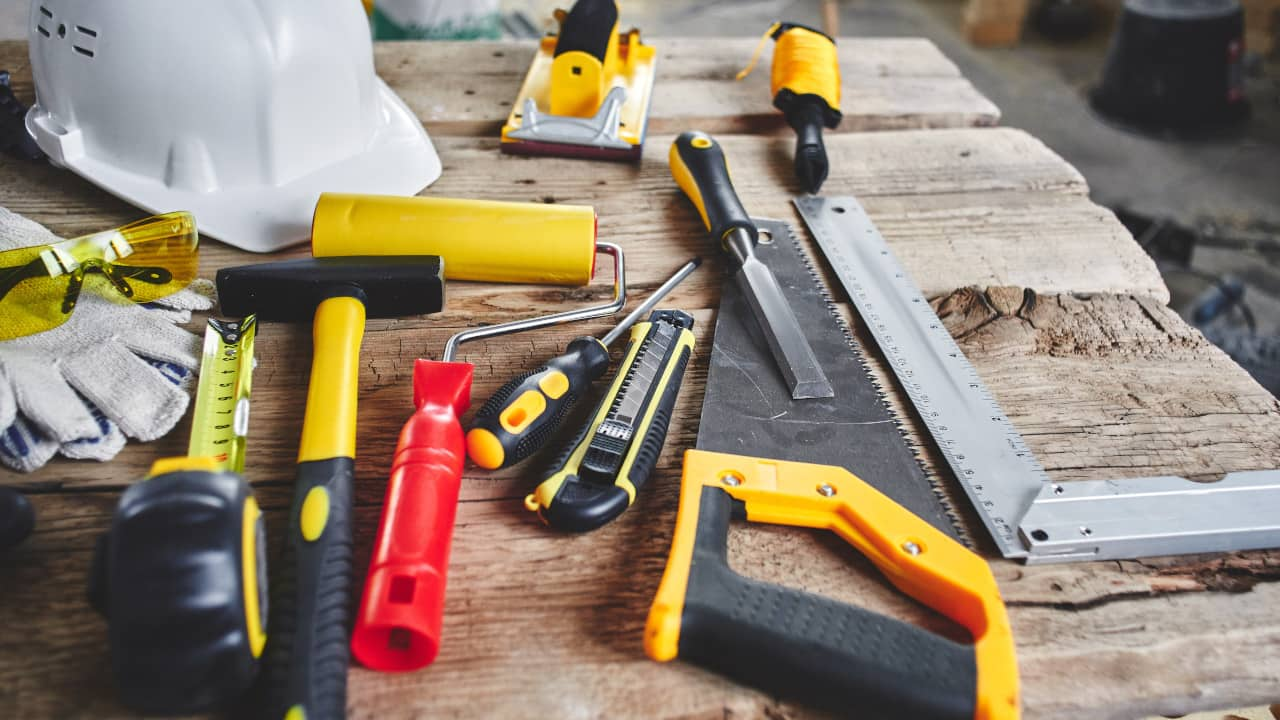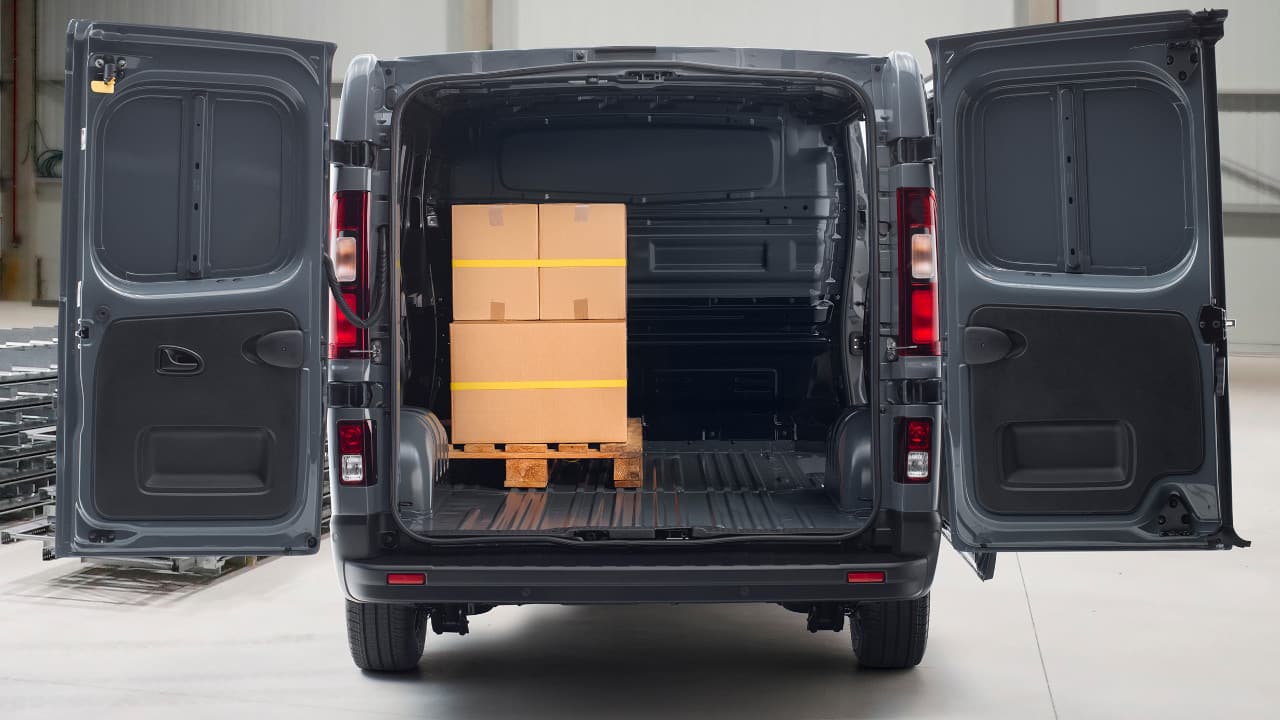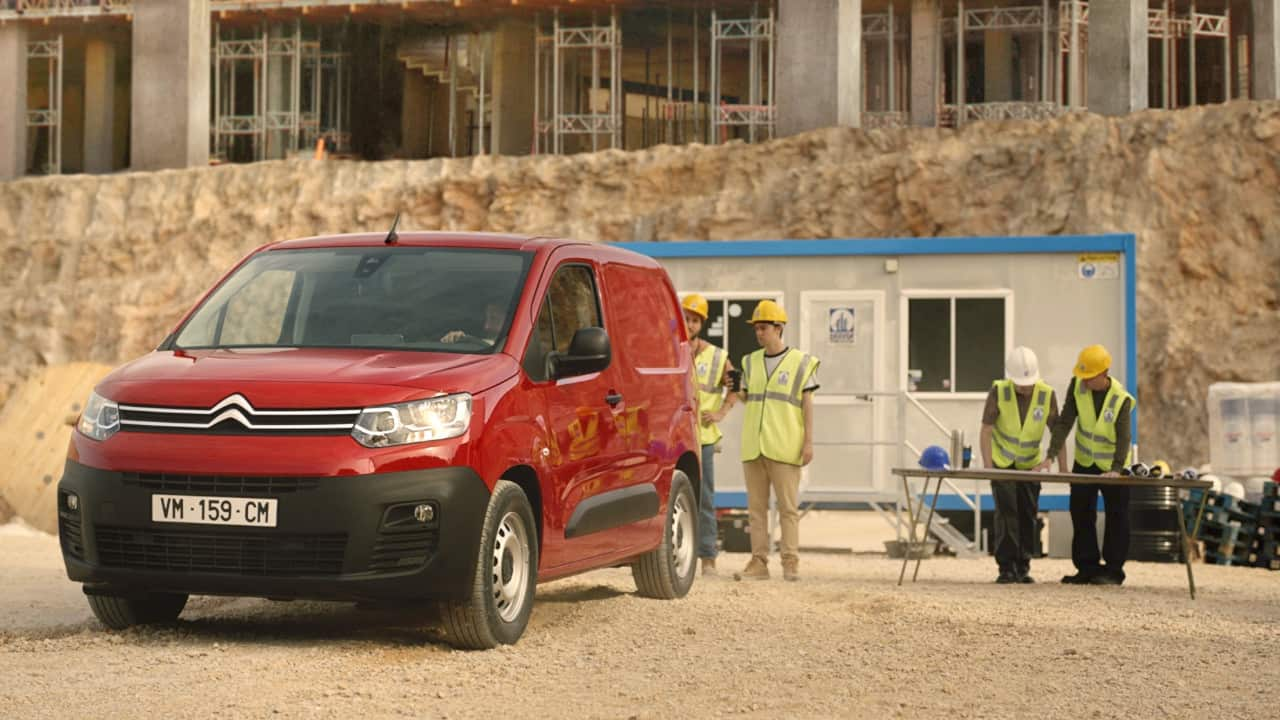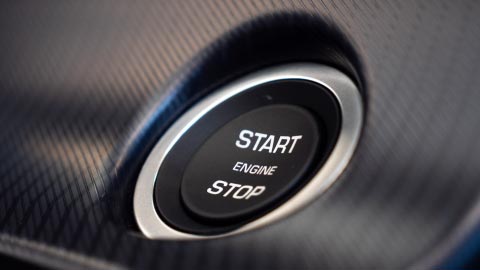Protecting your van and its contents
'No tools or valuables left in this vehicle overnight' – a familiar sticker to appear on vans of all shapes and sizes. However, while thieves are seemingly always looking to steal tools, items, and contents from vans, reported thefts of the vans themselves have increased significantly in recent times.
The thought of waking up in the middle of the night to the sound of your van's alarm isn't a pleasant one. With this in mind, we've compiled a list of preventative measures to deter thieves and help keep your van and its contents secure.
- Invest in physical deterrents
- Upgrade alarms and immobilisers
- Rethink your parking
- How to prevent relay attacks
- Implement tracking devices
- Position valuables out of sight
- How to prevent catalytic converter theft
- Keep an inventory
- Upgrade exterior locks
- Inform your drivers
Invest in physical deterrents
Sometimes, traditional methods are the best ones, and that's why we'd recommend for you to invest in physical deterrents such as steering wheel and pedal locks or clamps. Thieves don't like the sight of physical security equipment, as it makes their life significantly harder when trying to steal a vehicle.
These types of locks are relatively easy to fit, too. Once you've finished driving, the general process is to simply attach the lock to its host, secure it, and turn the key if needed. They're often cumbersome, but if you have the spare space, or can leave it back at base during the day, they're well worth the investment.
Plenty of options are available to suit different purposes and vehicles, so remember to do your research before committing. External stickers letting outsiders know there is nothing valuable in the van can also help.
Upgrade alarms and immobilisers
Making those around you aware of a potential theft, or stopping the van from being driven altogether, is an easy means of preventing your van from being stolen.
The heavy majority of vans will come with a manufacturer-fit alarm system, but you may want to consider upgrading your alarm system to one that offers additional features. For example, some alarm systems are connected to your smartphone and provide updates related to the vehicle condition, making you aware of any potential break-ins. Others activate their alarm at the first point of contact, as opposed to after any damage has been done.
Should a thief gain access to your vehicle, immobilisers prevent the van from being switched on, meaning it cannot be driven. Factory-fit immobilisers are a legal requirement nowadays, but due to rapid advancements in technology, thieves are coming up with new ways of bypassing these, so an uprated, third party immobiliser is worth considering for ultimate protection.
Rethink Your Parking
The easiest van security measures can sometimes require just good old-fashioned common sense. Quite often, thieves like to operate in quiet, dark areas to remain out of sight, so you should always look to park in a well-lit area to deter opportunistic thieves.
Parking in view of, or installing CCTV at home, is also a good idea as this serves as a deterrent or extra evidence should a thief break in anyway. Security lights that automatically switch on when movement is detected can also go a long way in protecting your van.
Another option is to park the rear of your van as close to a wall as possible, as this will block or restrict anyone from gaining access to the loading area and its equipment. Be careful when doing so, though, as you don't want to cause any damage to your van and its surroundings.
How to prevent relay attacks
With ever-developing technology taking centre stage on the majority of new vans, getting between jobs is arguably as easy as it's ever been. Just like many new cars, some new vans also make use of keyless entry, which comes in handy when your hands are full of tools and equipment.
However, vans with keyless entry and/or keyless start may be vulnerable to keyless car theft, otherwise known as a 'relay attack'. Thieves use relay technology to detect and receive the signal emitted from your van's keys, transfer it to a portable device, and then use that portable device to unlock, start, and drive away with your van and its contents without ever getting their hands on the physical set of keys.
But don't fear. Relay attacks can be easily prevented by storing your keys in a faraday-style pouch or wallet that blocks your key's signal.
Implement tracking devices
Despite there being a multitude of security systems available, thieves still manage to find a way to gain access to your van and its contents. But don't fear, If you do wake up and your van isn't where you left it, there's still hope if you fitted a tracking device beforehand.
Tracking devices allow for you to track where your vehicle is at all times, and can be used by police to find and recover a van in the case of a theft. There are plenty of providers available, with manufacturers such as Ford even offering telematics services through its FordPro suite.
If you have a tracking device fitted, you may also see a reduction in your insurance premiums, as the risk of a total loss is greatly reduced.
Position valuables out of sight
When owning a van, especially those used for business that are full of valuable tools, it's not always possible to empty the contents every day.
If you're storing valuable items in your van overnight, ensure they are hidden away, as your van will be more attractive to thieves if they're not. This includes additional pieces of equipment that suggest there are tools in the van too, such as tool instructions, cables, and its original box.
Other simple factors such as double-checking your van's doors are locked and putting your keys in a discrete place when back at base can make a difference and give you extra peace of mind, too.
How to prevent catalytic converter theft
Thefts of catalytic converters have increased significantly in recent times. This is because this specific part of the exhaust system is full of precious metals, which are worth a significant amount and cost a pretty penny to replace.
An exposed component underneath your van, catalytic converters can require just a few minutes to remove, making them a top target for thieves. It can be a noisy job to remove one, though, so you may have a chance to call the police, who will catch the thieves red-handed.
There are a number of further measures you can take to prevent catalytic converter theft. These include purchasing a marking kit or anti-theft device and parking your van on a level surface as opposed to half on a kerb to restrict access to the underside.
If you need more help, we've written this handy article, to provide further advice related to the prevention of catalytic converter theft.
Keep an inventory
Whilst not a preventative measure, keeping stock of your van's contents can go a long way in recovering your equipment should a thief get their hands on it. The first thing to do is make a detailed list of what's stored in your van, noting serial numbers and any damage/imperfections where possible.
Marking your tools and equipment with a unique code or word using an invisible UV marker will also help the police identify if the goods are yours.
Finally, ensure you've got the correct van insurance for your workplace, as you won't receive a payout if your insurance doesn't cover the goods stored. For example, make sure your van is covered under business insurance, if used for business purposes, and take out van tool theft cover if you regularly transport tools between jobs.
Upgrade your locks
Plenty of modern vans come with a range of security equipment as it is, but thieves can gain access to a range of lock picking tools designed to tackle standard manufacturer-fit locks, so other measures have to be taken.
Inside your van, security boxes, lockable fixed tool boxes, and safes are all great ways of keeping high value items secure. Full van security cages can also ensure your power tools, electronics or similar are also kept out of the hands of thieves.
To reduce the risk of thieves gaining access to your van altogether, there are a range of manufacturer upgrades and third party lock systems that are more advanced than the standard fit, making life much harder for anyone trying to break in.
Inform your drivers
If you're a fleet manager, or have a team that has regular use of multiple vans, you should ensure they're all clued-up on the best practices to prevent van theft.
Following proven preventative measures is much more effective than coming up with them on the fly, so you should communicate how you want the vehicles and their contents to be stored when at base and out and about.
You should also equip them with all the information they need to know regarding any additional security systems that are on-board, so they know how to correctly implement them and protect your van.
Keeping your vehicle safe
Many new and used vans come with plenty of pre-installed safety features that help to prevent thieves from taking what's yours. However, by implementing some of the tips suggested in this article, you can do your bit in protecting your van, tools, and equipment from theft, putting your mind at rest in doing so.
For further automotive tips and advice, check out our blog section as it's home to a wide variety of topics including buying, selling, and owning a vehicle.

